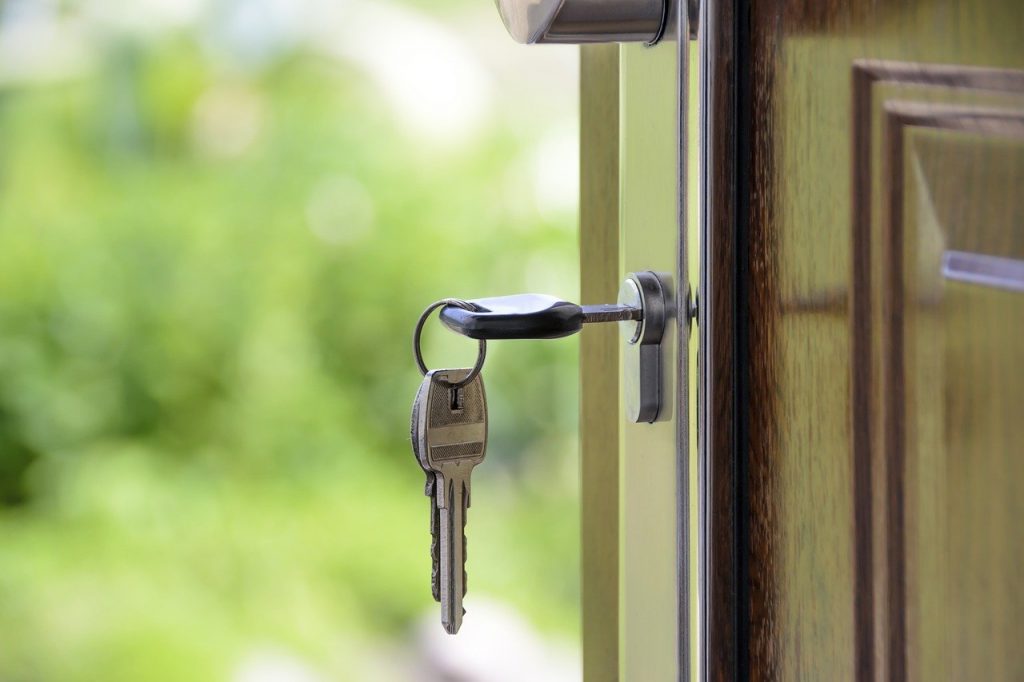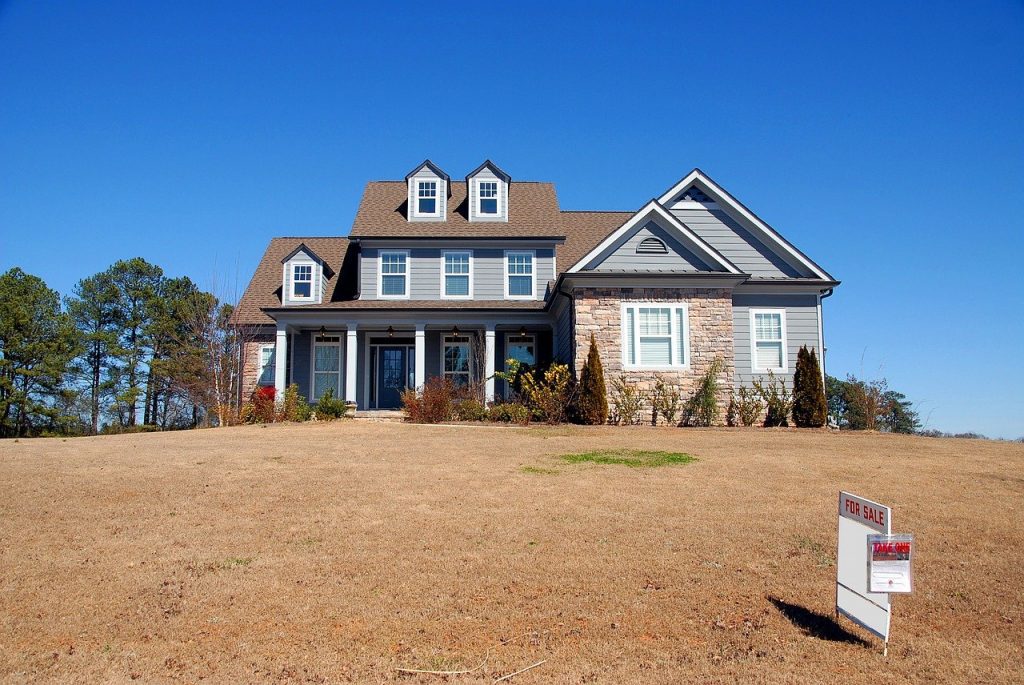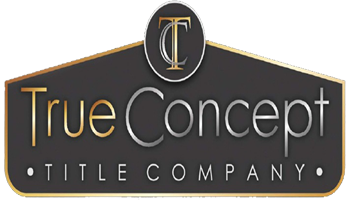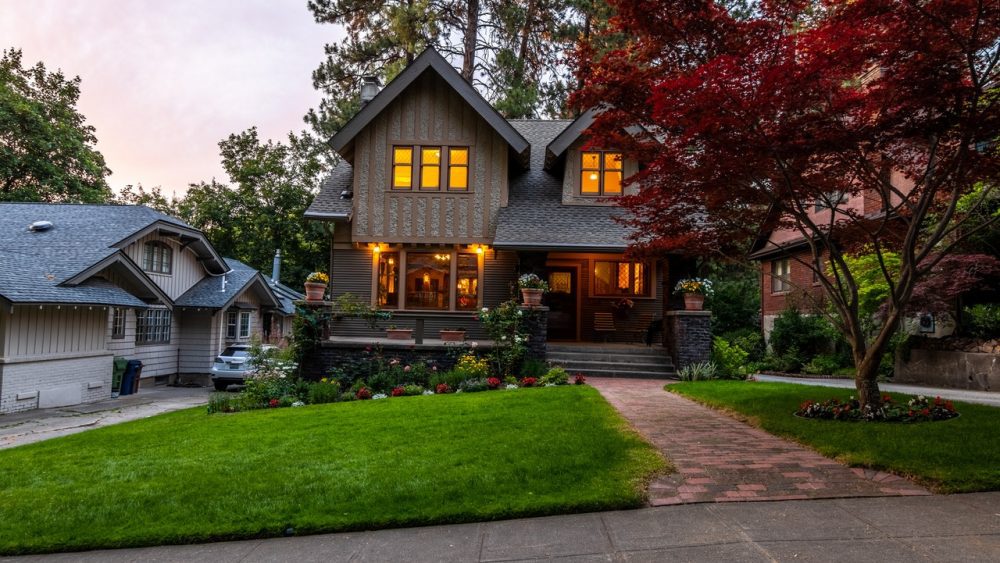Prior to the financial crisis of 2007-2009, buying a foreclosed home was a challenging process that required the patience and time to either follow endless courthouse auctions or flip through stacks of legal paperwork. However, the wave of foreclosures brought on by the real estate bubble burst increased the number of easy-to-find available properties.
Nowadays, the process of acquiring a foreclosed or real-estate-owned (REO) home isn’t all that different from your regular house hunt. The low prices of foreclosed homes make them an attractive investment to many homeowners, but there are steps to take and risks to consider to ensure you make the right decision.
Keep reading for True Concept Title’s step-by-step guide to hunt, bargain, and close for a foreclosed home.

Finding a Foreclosed Home
With foreclosed homes more readily available, there are a variety of resources to help you along with your search, including:
- Multiple-listing service (MLS)
- Periodicals
- Online Real Estate Searches
- Bank Offices
- Local Newspapers
Oftentimes, the foreclosure status of properties may not be highlighted on the listing, requiring slightly more digging into the property description.
For a more direct path, certain websites specialize in properties in foreclosure while some financial institutions have pages dedicated to the foreclosed home hunt. Take advantage of local real estate brokers for opportunities, since lenders now often sell seized assets this way.
The foreclosure status of a property is often not highlighted in the listing, so be prepared to dig deeper into property descriptions to find the best deals.
Types of Foreclosure
The strategy for buying a foreclosed home will likely be influenced by the stage it’s at in the foreclosure process. Here are the five primary types of foreclosures:
- Pre-foreclosures
After a mortgage lender notifies a homeowner that they have failed to meet their loan obligation but before the property is offered for sale, the property is considered to be in pre-foreclosure. The owner may avoid foreclosure and the negative effect on their credit score if they are able to sell the home during this period of time.
Typically, pre-foreclosed homes are listed in county and city courthouses, but several online resources may also have these listings.
- Short Sales
When a lender will accept less than what is owed on a mortgage for a property, this is considered a short sale. This may occur when the homeowner proves financial difficulties that will ultimately lead to default of the mortgage agreement.
Frequently, the homeowner is underwater, meaning their financial contract is worth less than its notational value. In this instance, the lender must agree to accept less than what is owed followed by the home being offered up for sale.
The purchase of a short-sale property is similar to a traditional purchase, but the terms are subject to the lender’s approval. The type of purchase can often take much longer than a traditional purchase due to waiting on a bank to respond. Many real estate websites often provide the ability to search for short-sale stage homes.
- Sheriff’s Sale Auction
After a homeowner has been notified of default, they may be permitted a grace period to catch up on mortgage payments. In this case, an auction may be held at a city courthouse managed by local authorities for the lender to quickly make up the money lost from the loan in default.
The property is then sold to the highest bidder. Announcements for these kinds of auctions can often be found in local newspapers and online resources.
- Bank-Owned Properties
When a property fails to sell at auction, it becomes a real estate-owned (REO) property. Online sources provide countless listings of these kinds of properties that can be discovered based on city, state, or ZIP code.
- Government-Owned Properties
Many homes are purchased with loans protected by the Federal Housing Administration (FHA) or the Department of Veterans Affairs (VA). After these properties go into foreclosure, they are repossessed by the federal government.
In order to purchase a government-owned property, you must contact a broker working for the respective federal agency. These homes are listed on the U.S. Department of Housing and Urban Development website.
The Best Bargain
The most compelling factor of a foreclosed home is generally the significantly lowered cost from comparable properties in the area. Homebuyers may negotiate a substantial discount below the market value along with potential reduced down payments, lower interest rates, and lower closing costs.
Pre-foreclosed or short-sale property homeowners likely do not have time on their side and will often take what they can get to avoid risking full foreclosure. These sellers are not approaching the deal from a position of strength, so buyers will often hold more bargaining control.
If a property has been seized, banks and authorities typically want to rid themselves of the home as soon as possible, which can be advantageous to buyers.
Foreclosed homes are also sold “as-is,” which may entail extensive property damage. This can mean a higher discount, but buyers should be weary and complete an extensive inspection to be aware of what they are getting into.
Learn More > Tips for Fixer-Uppers
The Risks to Watch Out For
While the below-market price may be appealing to buy owners, there are risks and challenges that prospective home buyers should be aware of.
- Property problems
While the discount may be worth it, as-is homes may require extensive repair. If the previous owners were behind on their mortgage payments, chances are they were also falling behind on regular maintenance.
- Hidden costs
Back taxes and liens are often attached to foreclosed properties, which can add significant costs to a seemingly discounted home.
- Slow process
The complications behind a foreclosed home may accrue endless paperwork, which may take substantial time. As mentioned earlier, bank lenders may take extensive time to approve the deal.
- Competition
When there is an opportunity to purchase a quality home at a discounted price, the demand may soar and bidding wars will ensue.
Hidden costs and property damage may reveal a foreclosed home is not as great of a deal as initially assumed.
Financing a Foreclosed Home
While you can use a mortgage, private lenders may be reluctant to finance a foreclosure deal. Fortunately, there are several options available to those closing on a foreclosed home, including:
- 203(k) loans
- HomePath ReadyBuyer offered by the Federal National Mortgage Association
- HomeSteps
Read More > Foreclosure Title Insurance

Feel Secure Buying Foreclosed
If you plan to buy a foreclosed home, it is crucial that you purchase title insurance to protect your proprietary rights to your home. With our help at True Concept Title, you can avoid the hassle of any potential problems regarding ownership.
For a smooth sale, it’s essential you choose a title company you can count on. Call us today at (813) 263-7168 to see how our team can help you close on your new home.


